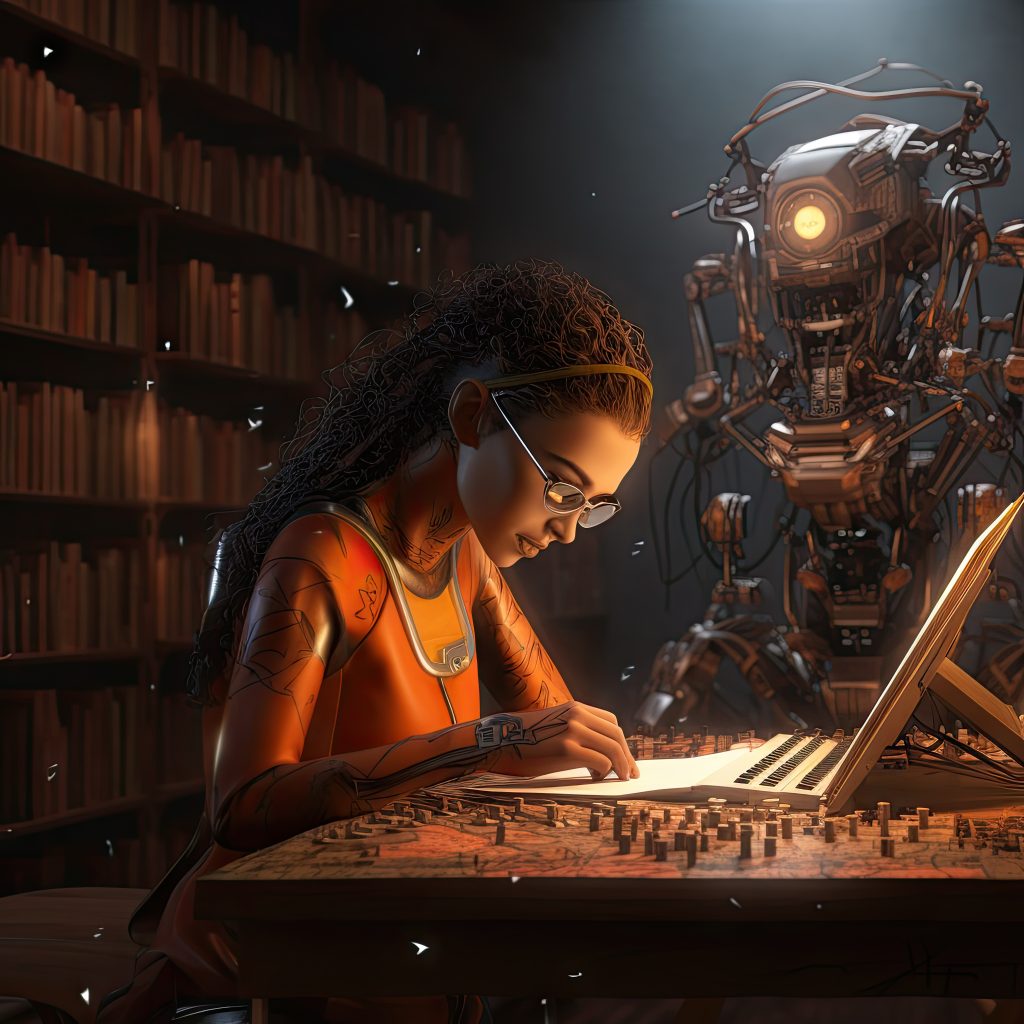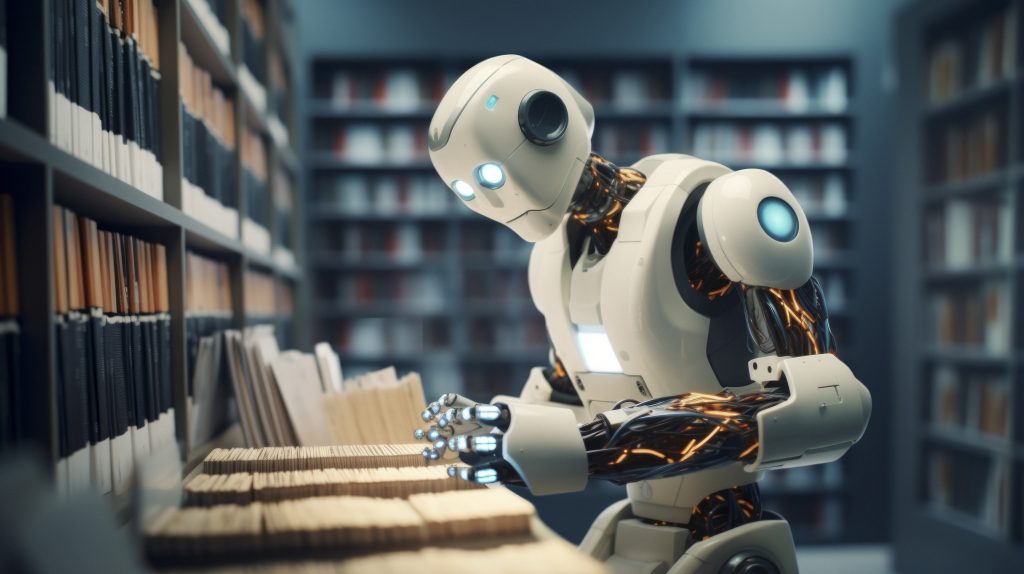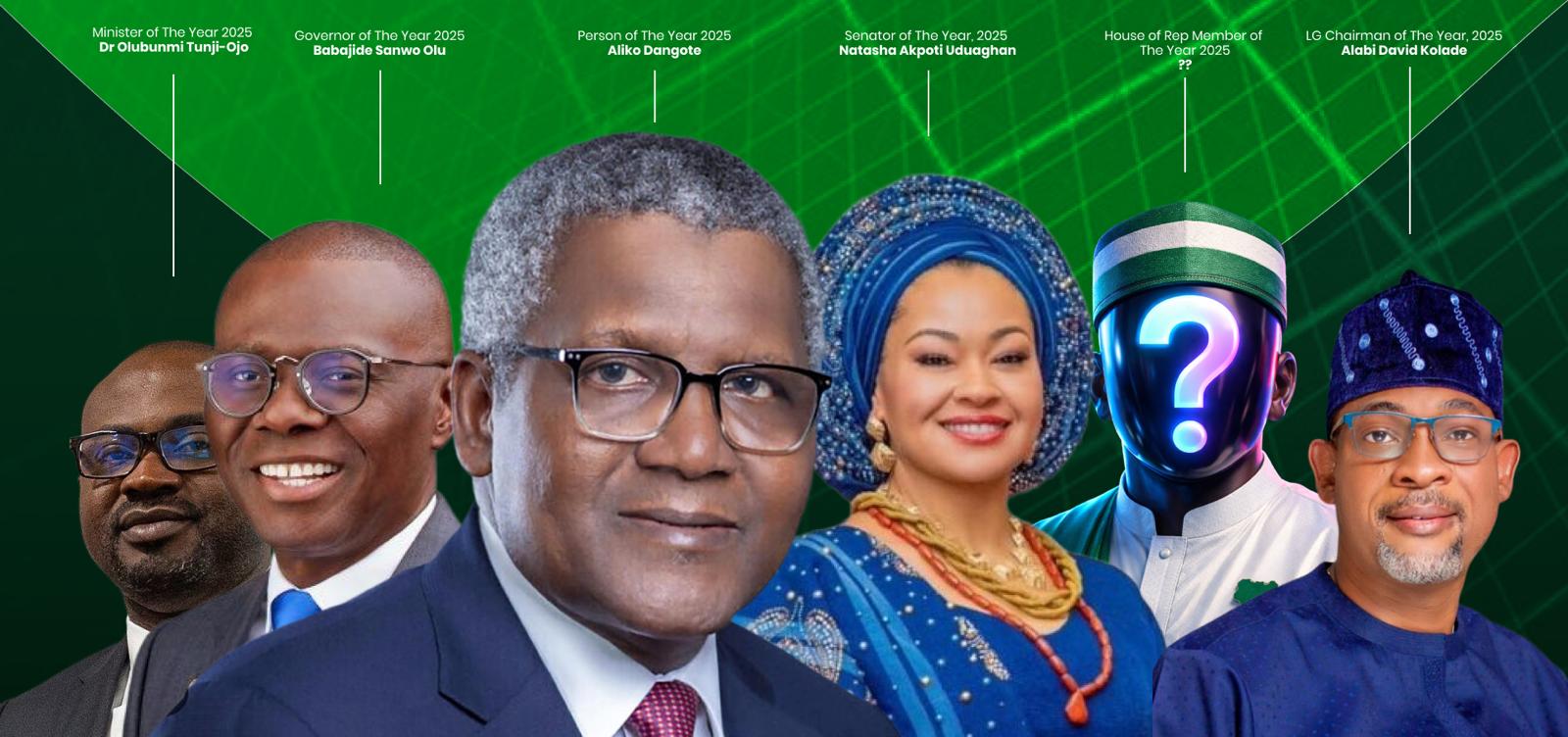
By Dr. Kayode Elusoji
At the recently completed Higher Education Teaching course at the Bok Center, Harvard University, I had the privilege of engaging with esteemed colleagues and classmates in a profound discourse on the trajectory of the AI-driven world. Our focus spanned the next three to five years in the short term and extended to projections over the next 10 to 20 years. This analytical exploration of the implications and benefits of an AI-driven future was both exhilarating and cautionary.
My academic and professional pursuit of artificial intelligence and machine learning has been deliberate. Prior to this program, I attended the AI/Machine Learning program at M.I.T., deepening my understanding of the subject while gaining a fresh perspective grounded in over five years of dedicated research in this domain.
It is important to note that the excitement surrounding AI stems from its transformative potential: the unprecedented integration of AI-enabled devices and tools and its application in nearly every aspect of human activity, promising convenience and efficiency at scales previously unimagined. However, the concerns are equally significant. AI is poised to reshape industries, disrupt traditional job roles, and leave a substantial percentage of the global population unprepared—those lacking AI-related skills risk being sidelined in this competitive era.

The ethical implications of AI are even more pressing. If left unchecked, AI could be exploited to create societal confusion, foster inequities, and prompt debates about replacing human labor with humanoid alternatives. The urgency of widespread AI literacy is not just to maximize its benefits but also to anticipate and mitigate its risks effectively.
As we stand on the brink of a new era defined by AI, we must evaluate its profound impacts on daily life, career landscapes, and societal norms. Whether we acknowledge it or not, AI already influences us—through personalized streaming recommendations, smart home systems, and financial platforms. The question remains: Are we truly prepared for the opportunities and challenges of this AI-driven world?
The Critical Need for AI Literacy
In this era of intelligent technology, AI literacy is no longer optional—it is an essential skill for survival and
growth. Here’s why:
- Pervasive Integration of AI: AI permeates everyday systems—from smartphones and virtual assistants to healthcare diagnostics and financial services. A foundational understanding of AI ensures individuals interact effectively with these technologies, enhancing efficiency and informed decision-making in daily life.
- Workforce Transformation and Evolution: AI is revolutionizing industries, automating routine tasks, and creating new opportunities for innovation. The demand for AI-literate professionals is rapidly growing across all sectors. Those equipped with AI-related knowledge and skills are better positioned to adapt, thrive, and lead in this evolving landscape.
- Informed Decision-Making: In today’s data-driven world, AI literacy empowers individuals and organizations to harness data insights intelligently. This capability enhances productivity, drives strategic outcomes, and ensures that decisions align with ethical standards and organizational goals.
- Enhanced Creativity and Productivity: Generative AI tools such as ChatGPT, Google Bard, and Microsoft Copilot are redefining how we approach creativity and problem-solving. Mastering these tools unlocks new dimensions of productivity, allowing individuals to craft innovative solutions to complex challenges.
- Ethical Awareness and Advocacy: AI raises profound ethical considerations, including issues of bias, privacy, and accountability. AI literacy equips individuals with the critical thinking skills necessary to assess these challenges and advocate for responsible, fair, and transparent AI development and deployment.
- Global Competitiveness: In the global marketplace, nations and organizations that prioritize AI proficiency hold a decisive competitive advantage. By fostering innovation and efficiency, AI literacy drives economic growth and positions entities as leaders on the global stage.
- Adapting to Technological Advancement: AI is advancing at an unprecedented rate. Those with a strong grasp of AI concepts and applications are better positioned to navigate these changes, continuously learn, and maintain their relevance in a dynamic, technology-driven world.

Finally, AI literacy is the bridge between human potential and technological innovation. It empowers individuals to actively engage with and responsibly manage intelligent technologies, ensuring that the benefits of AI are maximized while its risks are mitigated.
The path to widespread AI literacy begins with education, training, and advocacy. By fostering this critical skill, we can create a future where AI is a tool for inclusive growth and collective progress rather than a source of division. Embracing AI literacy is an investment in individual relevance and a commitment to building a more innovative, equitable, and ethical global society.

About the Author
Dr. Kayode Elusoji is an expert in artificial intelligence, machine learning, and data analytics, with over three decades of experience in technical training and IT consulting.
He is the Executive Director of the Great Nigerian Assembly (GNA), a global coalition of professional Nigerians dedicated to leveraging their skills, talents, and capabilities for collective growth and national advancement. Through initiatives promoting political stability, good governance, the rule of law, and meritocracy, GNA fosters sustainable national development and advocates for religious, ethnic, and tribal tolerance.

